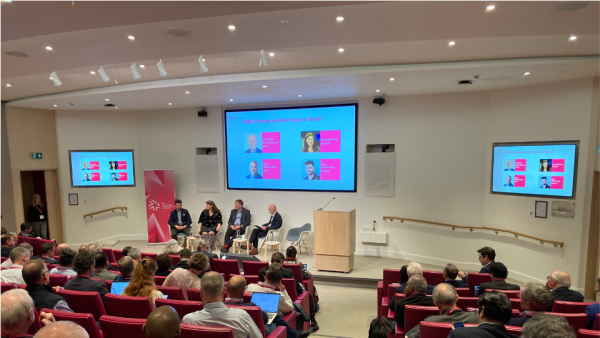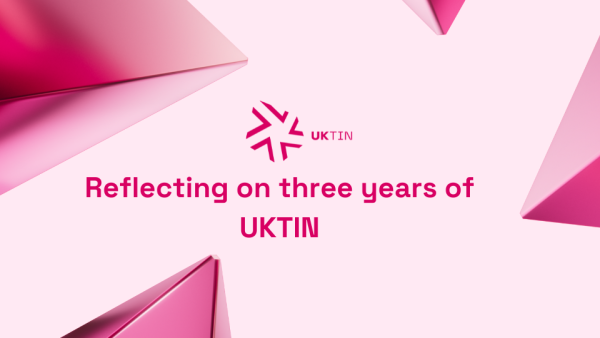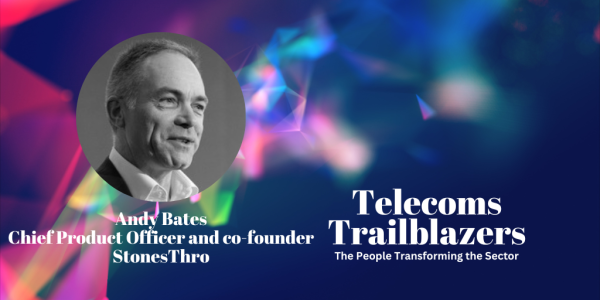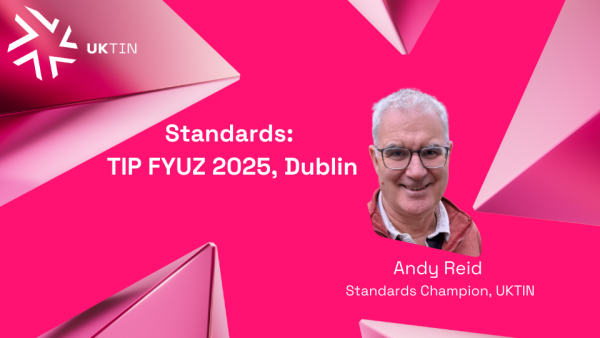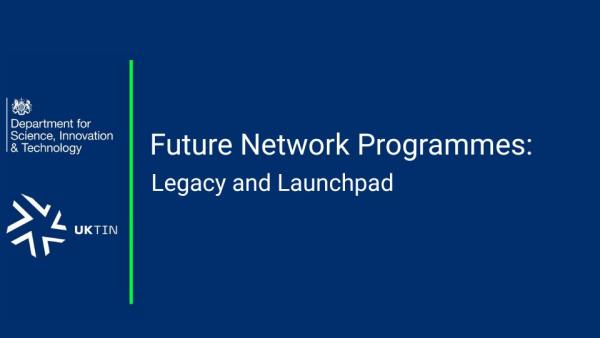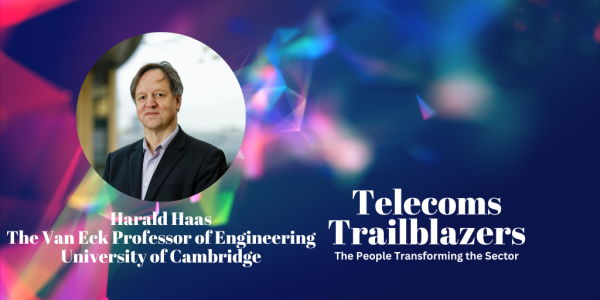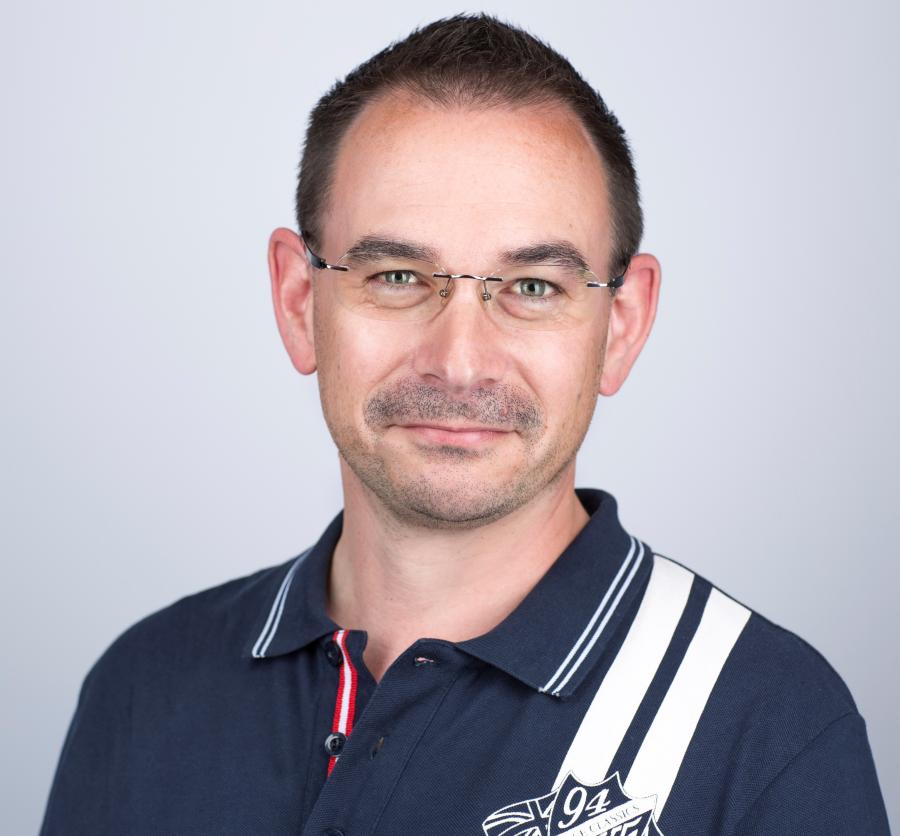
Hello, I’m Peter Kent and I am an Innovation Consultant at Jisc, a not-for-profit organisation: we are a UK digital, data and technology agency focused on higher education, further education, research and innovation.
Innovation is about creative problem-solving. We create products, often by partnering with industry experts and suppliers, which solve problems we see in UK education and research. Most of our customers know about 5G, but not private cellular networks (PCNs). We want to raise the profile of 5G technologies across the sectors we serve and help our customers take advantage of the benefits of 5G.
5G PCNs can help to meet the increasing demands from educators and researchers for data volume, speed, and security – in an environment where mobility is key and sometimes Wi-Fi can’t reach. However, 5G technologies are often prohibitively complex and expensive to implement and maintain. We aim to deliver the benefits without the hefty price tag by centralising and multi-tenanting the core technologies in the heart of our Janet network. From a customer's viewpoint, they will simply plug an antenna into the end of their Janet connection.
Having proven a technical delivery model with help from the University of Bristol, we have now partnered with BT to run three proof of concept projects with customers to showcase how 5G PCNs could be used across UK education and research. In these projects, we will use 5G to remotely control robots, transmit various sensor data across a large research farm estate, and bring remote educators into immersive learning environments to give students real-world views they could never safely experience.
What do you enjoy most about working in this space?
As I get older I have a real yearning to learn new things and meet interesting people. I work with all sorts of innovative technologies and 5G is definitely at the more technical end of these technologies. My dad worked in telecoms for years and I spent so much time learning about radio waves and spectrums as a child. I guess I started early.
What’s the most ridiculous thing you’ve done in the name of work?
Anybody who has worked in the support side of IT will understand the dread when somebody asks you what you do for a living. You can almost guarantee that they will come to you with a problem, usually about their Wi-Fi or a printer. I decided to come up with a fictional career in F1. People find this exciting. But, when they ask questions, I tell them I am bound to secrecy. This immediately kills the conversation.
What excites you most about working in telecoms?
Collaborating with experts. I’ve been working with the University of Bristol Smart Internet Lab, where most people have PhDs. They are real specialists, and far more knowledgeable than I could ever hope to be. Being able to chat with them is a pleasure, even just on a day-to-day small-talk level. I enjoy listening to how they got to where they are today. I’m very much a generalist, you see. Over time, I’ve picked up lots of knowledge but education and research are really important. We need specialists to fill in the gaps. It is these people who will solve the problems facing the industry now, and years into the future.
What would you like people to know about your work?
We’re trying to bring 5G technologies to UK education and research. We want to make complex technology simple for users and solve problems such as Wi-Fi reach. Raising the profile of 5G to students too will bring benefits to the wider industry and mobile operators, some may even be inspired to work in the industry. We hope it will improve student experiences and research outcomes to make the world a better place.
Why is a vibrant, flourishing telecoms ecosystem important for the UK?
A flourishing ecosystem leads to more research-based university projects. This will inspire the next generation of engineers - not just in telecoms, but those working in other fields too. Prioritising research also helps to put the UK on the world stage. It is important to remember that we have a good engineering heritage in the UK, and we should ensure we preserve that.

